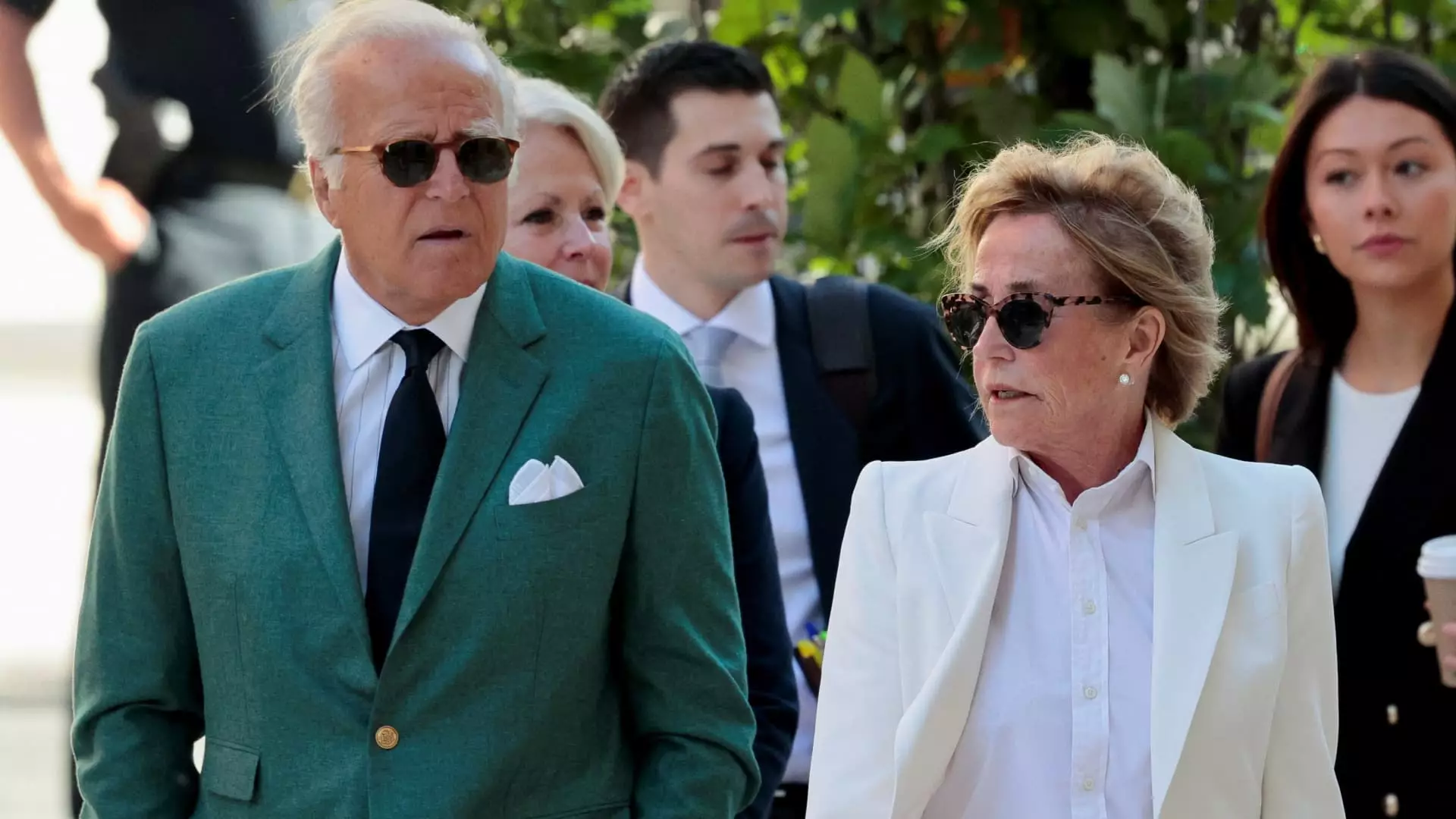The practice of issuing pardons has long been a focal point of political discourse in the United States, often surrounded by controversy and speculation regarding motives. Recently, President Joe Biden’s decision to preemptively pardon family members has sparked discussions about the implications of such actions in the realm of modern politics. Through this article, we will analyze the various layers of Biden’s pardons, exploring the reasons behind this move, the nature of the individuals involved, and the broader implications for the American political landscape.
Pardons have historically served as a tool for presidents to demonstrate clemency and offer second chances, but they can also reflect political motivations. As the nation shifts to a more politically contentious atmosphere, the significance of pardons has evolved. Biden’s recent issuance of pardons, particularly aimed at protecting his family from perceived political retribution, illustrates a shift toward a more defensive use of this power.
The timing of these pardons is noteworthy. Issued just before the inauguration of Donald Trump, these acts can be seen as a strategic move to safeguard not only Biden’s family, but also the integrity of his presidency from what he describes as “baseless and politically motivated investigations.” Such claims highlight the potential for legal actions to serve as forms of political maneuvering, which raises questions about the fairness of the judicial process in politically charged environments.
Among the recipients of these pardons were Biden’s siblings and their spouses, explicitly underscoring the personal nature of this executive action. President Biden named James Biden and his wife Sara, Valerie Biden Owens, her husband John, and Francis Biden in his announcement. This decision does not simply reflect a desire to protect family members; it signifies a broader narrative of loyalty and the intricate intersections of family and politics in the current era.
Additionally, Biden extended pardons to other political figures, including Gerald Lundergan and Ernest Cromartie, suggesting a broader application of this clemency that may address fears of politically-targeted investigations. By pardoning prominent individuals associated with him and his political circle, Biden ostensibly aims to construct a bulwark against coordinated attacks meant to undermine his authority and legacy.
Biden’s reasoning for the pardons rests on the notion that even the mere act of being investigated can wreak havoc on individuals’ lives. This acknowledgment raises ethical considerations about the use of pardons as a shield. Pardons are intended to demonstrate grace and humanity, yet when invoked in a manner that suggests preemptive self-protection, they may distort the perception of justice. The assertion that the investigations into his family are politically motivated complicates the legitimate purpose of the legal system.
The president stated, “Even when individuals have done nothing wrong and will ultimately be exonerated, the mere fact of being investigated or prosecuted can irreparably damage their reputations and finances.” By voicing these concerns, Biden raises a critical point about the consequences of politically-charged investigations. However, it simultaneously opens the door to discussions about whether such pardons serve justice or merely act as instruments of political preservation.
Biden’s decision can be viewed as part of a growing trend in American politics where further divisions are deepening. The act of issuing preemptive pardons signals to the electorate a commitment to protect one’s own interests amid escalating partisan conflict. The separation of law from political maneuvering becomes increasingly blurred in this context. As both sides of the aisle engage in retaliatory tactics that include investigations and impeachment inquiries, the stakes of presidential pardons imbue them with newfound significance.
Furthermore, Biden’s position as president, juxtaposed with the actions of past administrations, prompts discussions about how such decisions could influence future presidential behaviors. As tensions remain high, preemptively issuing pardons might lead to a normalization of practices perceived as circumventing the legal system for political gain, potentially threatening the integrity of governance in the long run.
Biden’s preemptive pardons mark a significant chapter in the ongoing narrative of American politics, intertwining personal, legal, and ethical dimensions. As we move forward, the implications of these actions will undoubtedly shape the discourse surrounding judicial fairness, political accountability, and family loyalty.


Leave a Reply